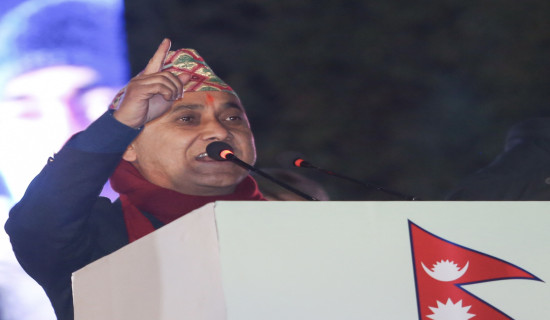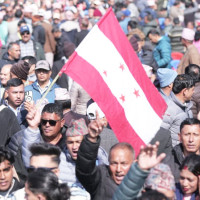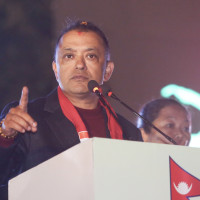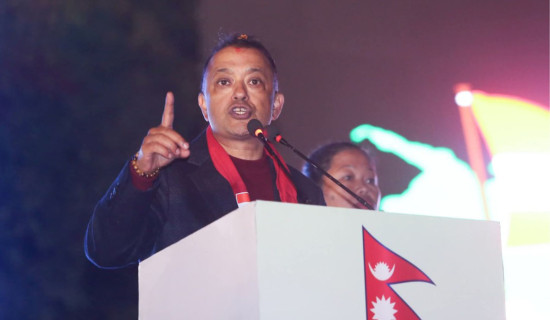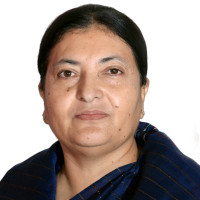- Monday, 12 January 2026
Community courts formed in Bajura
By Sher Bahadur Sharki,Bajura, Nov. 9: In a bid to bring about social transformation, local "kachahari" (community courts) have been organised in various villages across Bajura.
These meetings are aimed at eliminating longstanding social evils such as caste discrimination, untouchability and the Chaupadi system (the practice of banishing women to secluded huts during their menstrual cycles and postpartum period), which continue to persist in the region.
Pushpa Rawat, a local of Khaptad Chhededaha Rural Municipality-7, says these ill practices, inherited from older generations, are negatively affecting the younger population. As a result, community courts have been initiated in villages to address these issues.
Rawat said, “I come from a non-Dalit family. My parents never allowed Dalits to enter our house. This always troubled me. I had never read in any book that one human should discriminate against another based on caste.”
She emphasised the need to make the older generation aware of these ill practices. There should be mandatory participation from both the older and the younger generations in the community court sessions to end such discrimination.
The Women’s Development Forum Bajura has been running several social transformation programmes in various villages of Khaptad Chhededaha Rural Municipality to address caste discrimination, untouchability and Chaupadi.
Deb Serala, the social coordinator of the Forum, shared her experience, saying, “I am from a Dalit family myself. Even though I work as a staff member of this organisation, I was never allowed to enter the homes of non-Dalit families in some villages.”
However, following these community-based programmes, the older generation is gradually leaving the practice of caste-based discrimination behind. As a result, caste-based discrimination in the region has significantly decreased, according to Serala. Among the local municipalities in Bajura, the highest caste-based discrimination has been reported in Budhiganga Municipality, where the Chaupadi system still persists in some villages.
Even in Khaptad Chhededaha, caste discrimination remains prevalent. Despite the presence of prominent leaders and social activists in the area, their homes still reflect deep-rooted caste discrimination.
Although these leaders advocate for social transformation in public, they continue to uphold discriminatory practices privately. Moreover, it has been observed that discrimination is not only practiced by non-Dalits towards Dalits, discrimination also prevails among the Dalit communities.
As per the law, any individual who discriminates against another based on caste, religion, ethnicity, occupation, or physical condition is subject to imprisonment from three months to three years, along with a fine ranging from Rs. 50,000 to Rs. 200,000.
However, the District Police Office has stated that it is difficult to confirm the exact incidents of caste discrimination in the region. Most of these cases are resolved within the villages themselves, and as a result, they are rarely brought to the police station.



